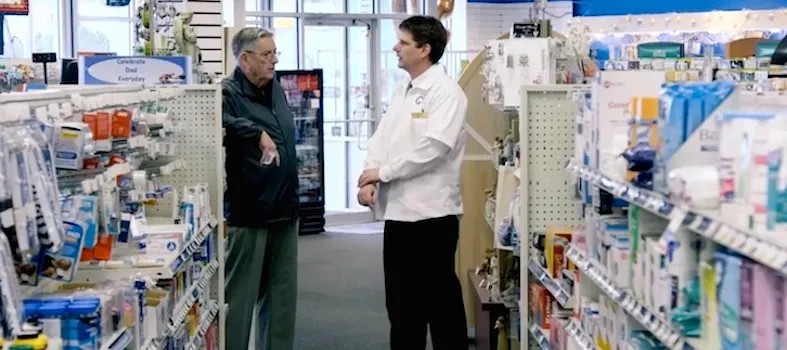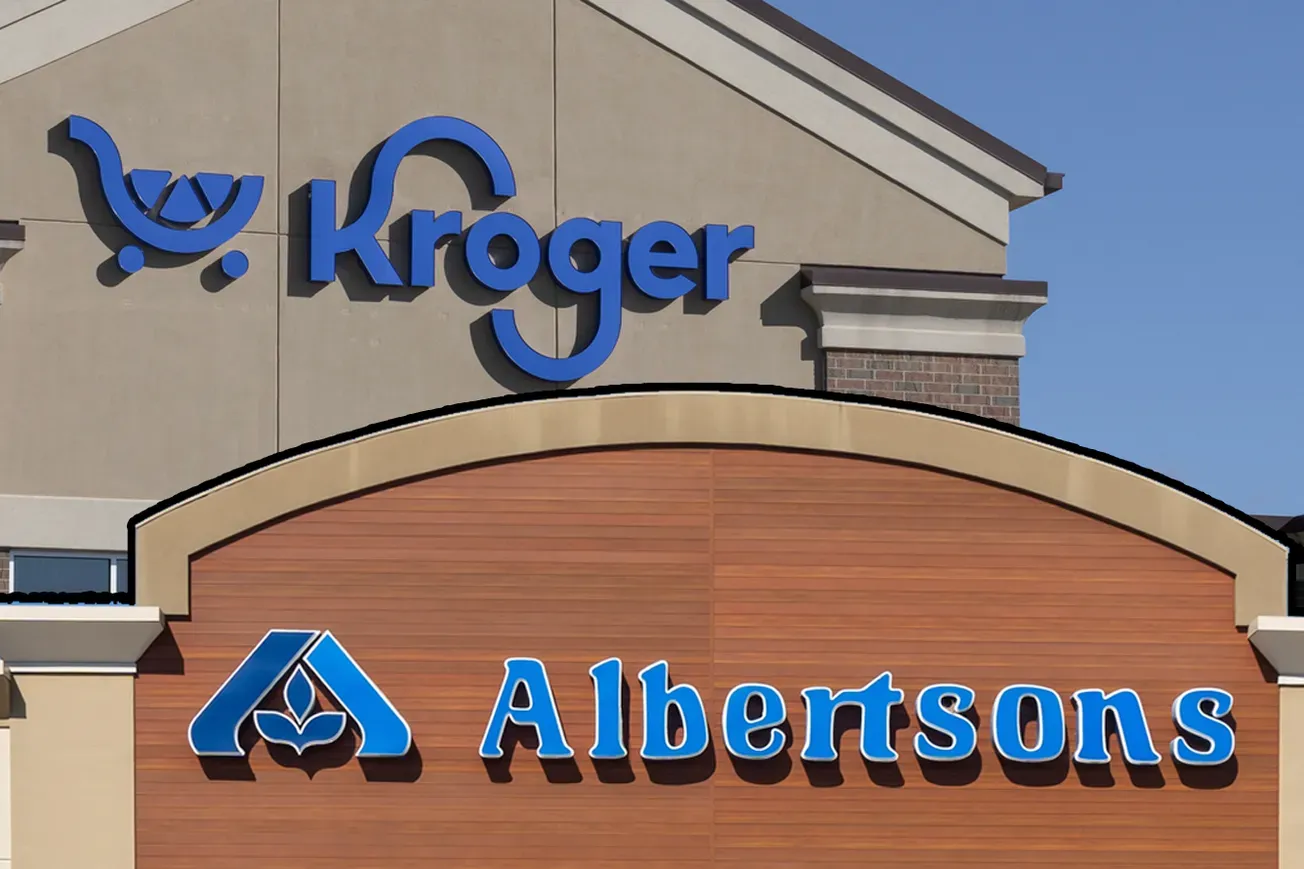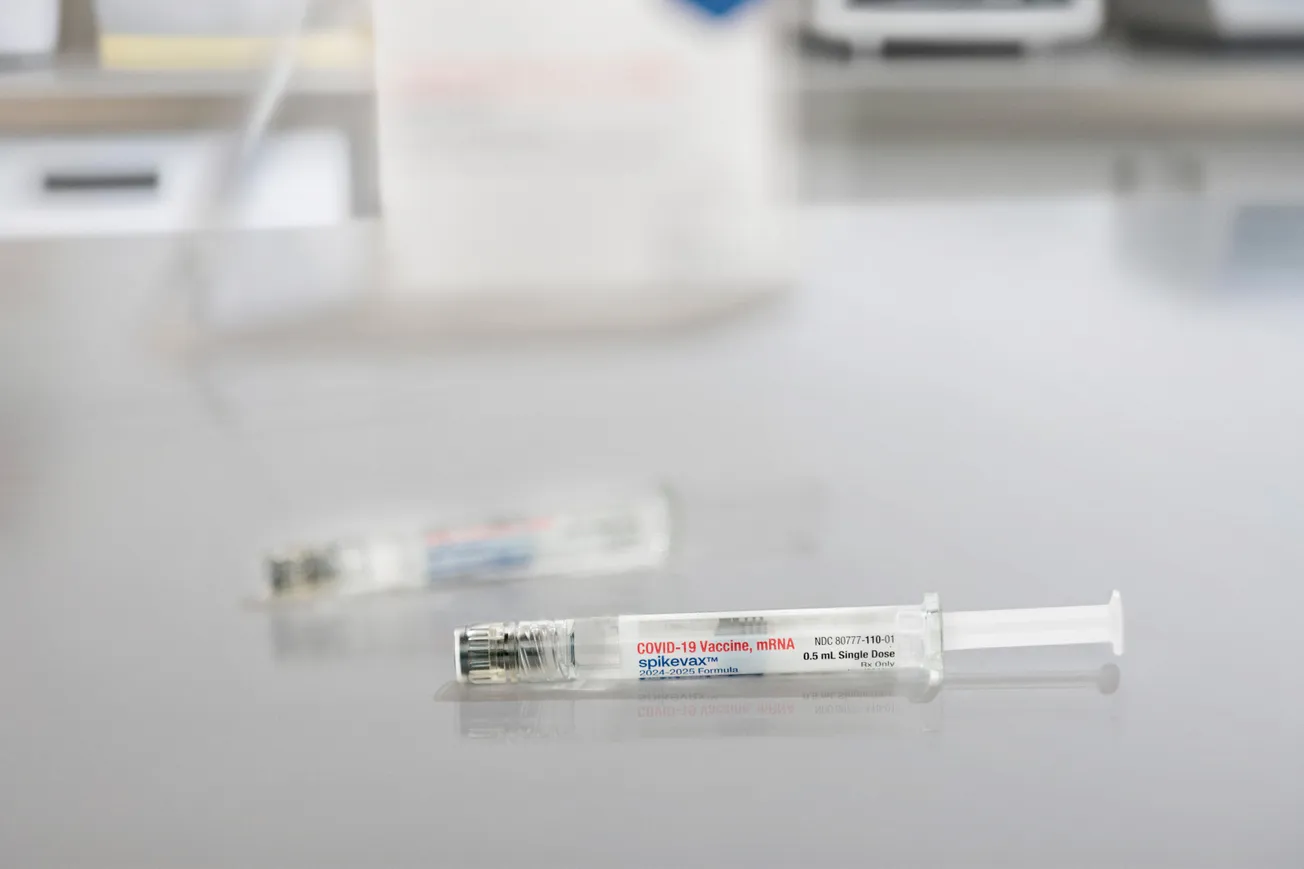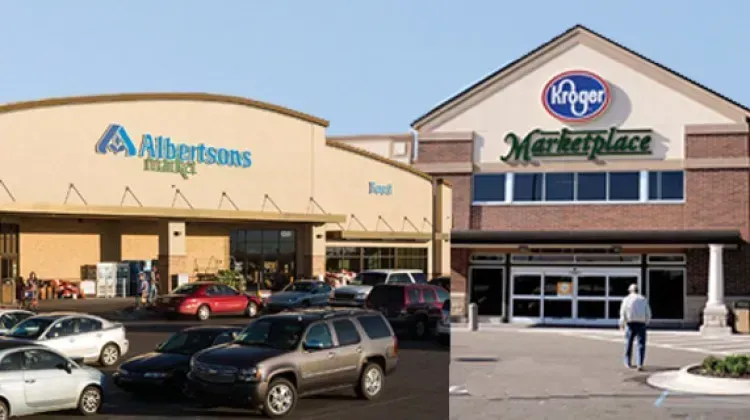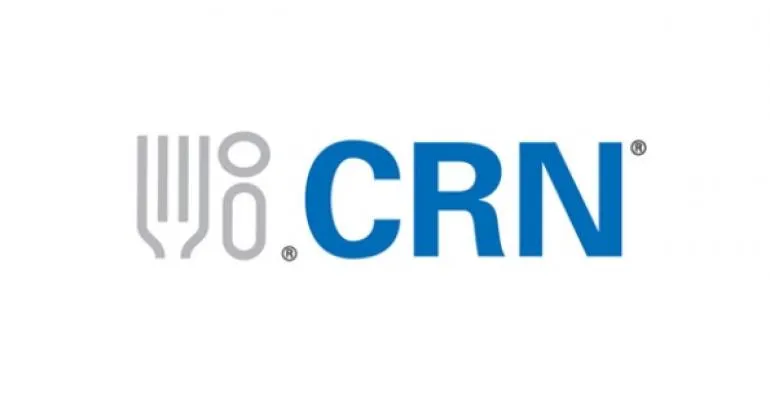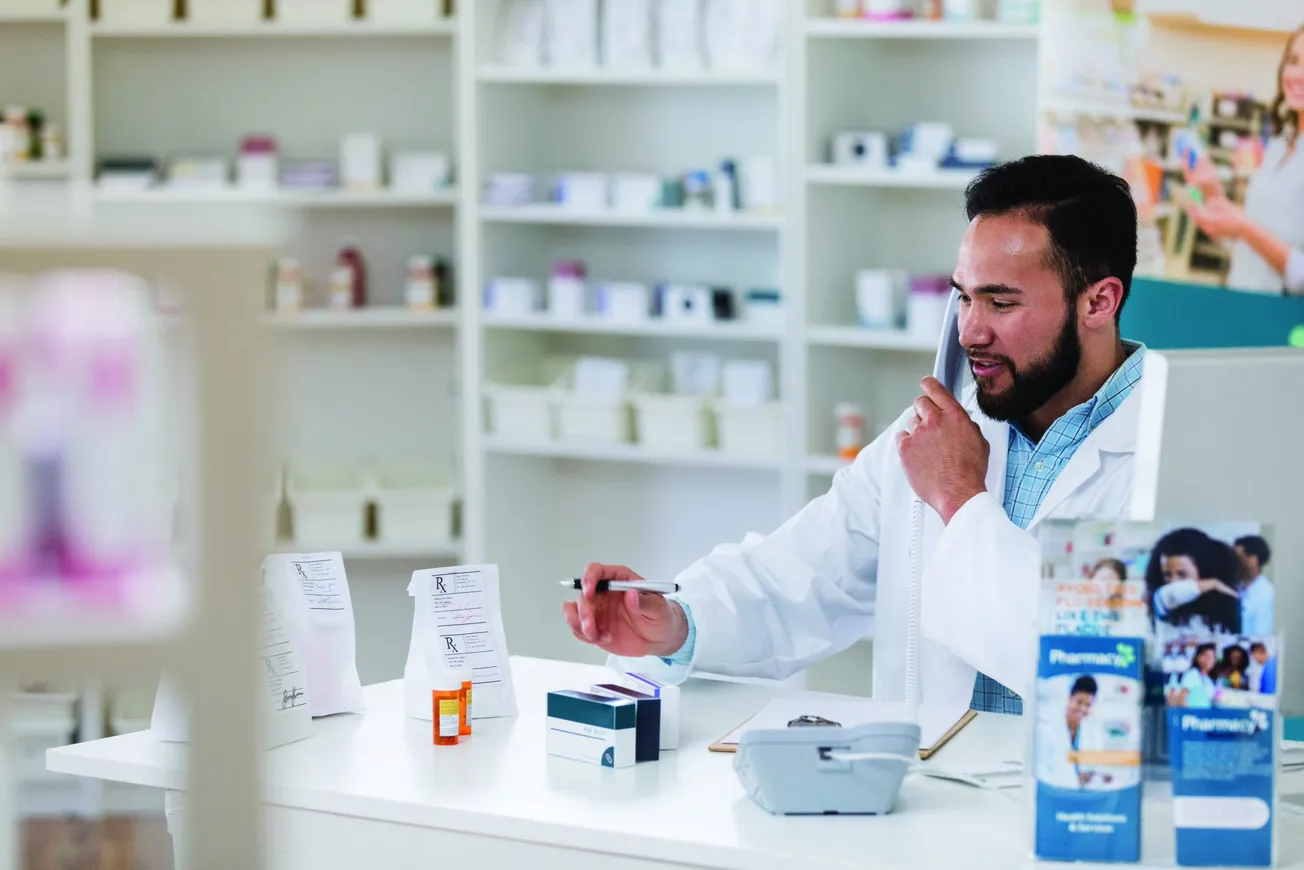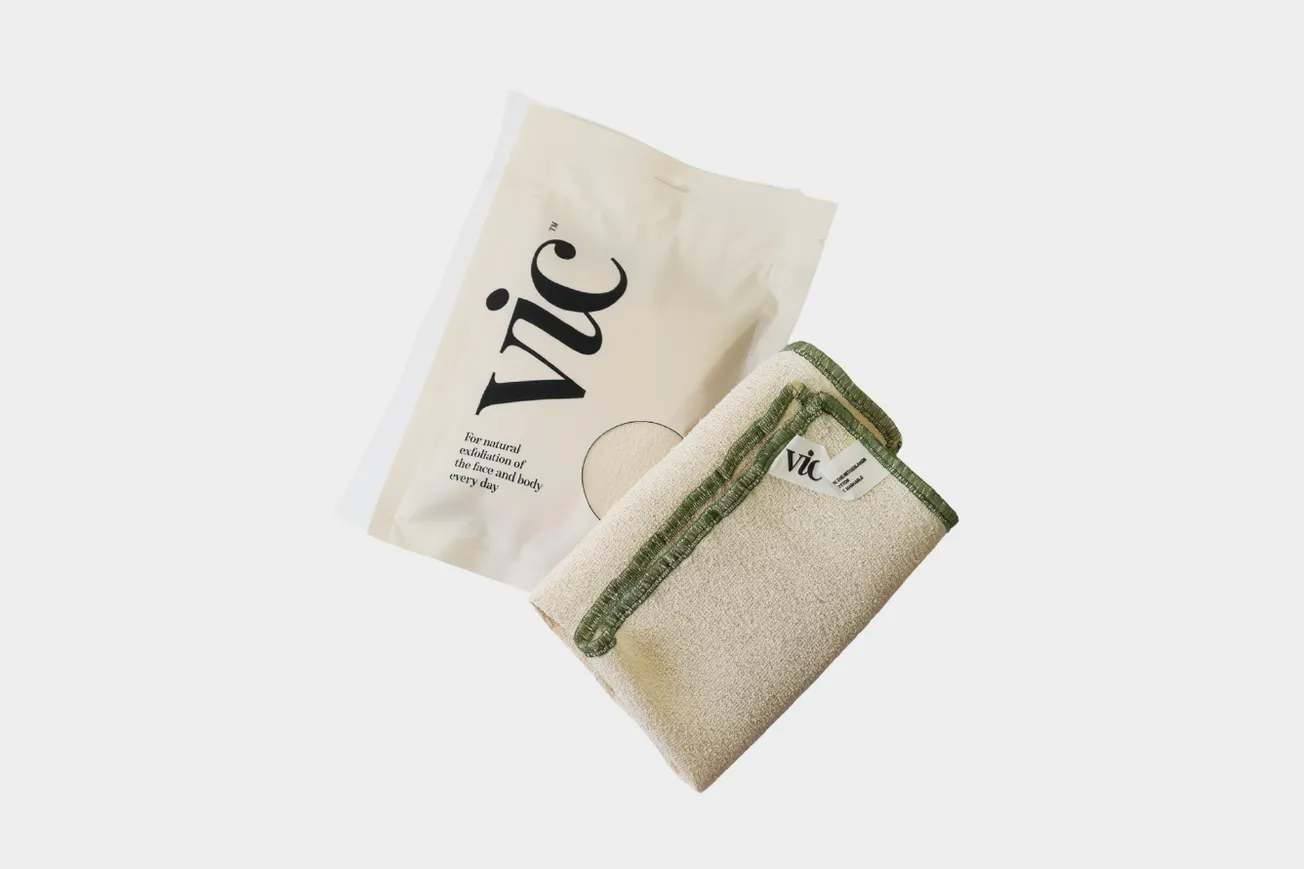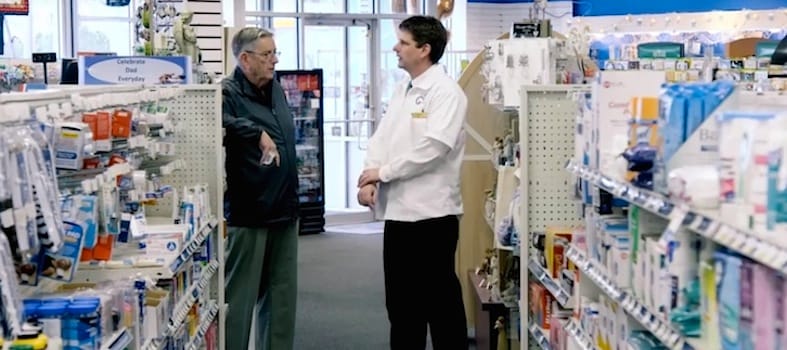
NEW ORLEANS — Independent community pharmacists are branching out care beyond traditional pharmacy services as they take a more active role in their patients’ health, according to the National Community Pharmacists Association.
The 2016 NCPA Digest, sponsored by Cardinal Health Inc. and released Tuesday at NCPA’s 2016 Annual Convention, shows how independent pharmacies are an integral prescription drug access point for patients, particularly in underserved areas.
The digest also documents how independents promote medication adherence, encourage use of lower-cost generic drugs and support local community organizations.
“Independent community pharmacies continue to be a trusted source for prescription medication and expert counseling,” NCPA chief executive officer B. Douglas Hoey said in a statement. “In towns and cities across America, independent community pharmacies treat patients like family, adapt to further promote safe and effective medication use and are active local philanthropists.”
Eighty-two percent of independent pharmacies serve population areas of 50,000 or less. And along with filling prescriptions, 81% of independent pharmacists offer medication therapy management (MTM), 67% administer immunizations; 61% provide durable medical equipment and 57% perform blood pressure monitoring, according to Steve Lawrence, senior vice president of retail independent sales at Cardinal Health.

NCPA’s B. Douglas Hoey at the 2016 Annual Convention.
“As we continue to move toward value-based care, pharmacists become an increasingly important extension of patients’ wellness,” Lawrence noted. “And health care payers are looking to reduce the cost of care, evaluate sites of care and measure health outcomes. The relationship the pharmacist has with the patient and caregiver becomes increasingly important.”
At the same time, the independent pharmacy sector continues to grapple with economic pressures, particularly from changing market dynamics in pharmaceuticals and prescription drug benefits.
The 2016 NCPA Digest, which covers the 2015 independent pharmacy market, pegged the number of independent pharmacies at 22,160, including single-store pharmacies, family-run regional chain pharmacies, and individually owned and operated franchisees. That figure is down 1.4% from 22,478 in the previous year.
Meanwhile, independent pharmacy prescription volume fell 1.7% from 61,568 scripts annually to 60,493. NCPA said the decline stems in part from 90-day refill requirements, “economically coerced” use of PBM-owned mail-order pharmacies and exclusionary pharmacy network arrangements.
Generic drugs accounted for 82% of all prescriptions dispensed by independents, and 95% of the time community pharmacists’ generic product recommendations were accepted by doctors, NCPA said. These pharmacist-physician consultations occurred on average 9.7 times a day.
“While independent community pharmacies remain a significant part of the retail pharmacy marketplace, both decreasing prescription volume and declining prescription drug reimbursement are warning signs to pharmacy owners,” Hoey added. “To weather these and other trends, community pharmacy owners should consider any and all options to diversify their revenue while continuing to focus on evaluating the economics of third-party reimbursements.”
To that end, NCPA has identified a number of options for independent pharmacies to consider in broadening their revenue stream, such as vaccinations, travel health, 340B contract pharmacy services, health screenings, point-of-care testing, lab tests, specialty pharmacy, pet medications, expanded diabetes care, hospice services, transition of care and wound care, among others. There’s also a front-end overhaul program designed to hone marketing, merchandising and store operations as well as enhance the mix of products.
Also on Tuesday, NCPA announced that it has named cloud-based health solutions provider PrescribeWellness as the official technology provider for the association’s Simplify My Meds medication synchronization program.
“2016 marks the five-year anniversary of Simplify My Meds,” Hoey stated. “And now, nearly 85% of full-line independent pharmacies offer med sync services benefitting more than 1.6 million patients. We are excited to work with PrescribeWellness to help our community pharmacy members enroll millions of additional Americans in med sync and improve their adherence to their prescribed medications.”
PrescribeWellness’ StarWellness med sync solution helps pharmacies identify patients who could benefit from med sync, which in turn assists pharmacists in addressing adherence issues and positively impacts a plan’s Star Ratings. The solution also helps pharmacists recruit patients, quickly enroll them and manage patients month-over-month with an electronic med sync calendar.
“It is an honor to partner with NCPA as the Official Med Sync Technology of Simplify My Meds,” commented PrescribeWellness president and CEO Al Babbington. “We are excited about this collaboration and look forward to continuing our work with NCPA to encourage pharmacists to enroll patients in med sync and use the pickup date to offer extended patient care services.”

